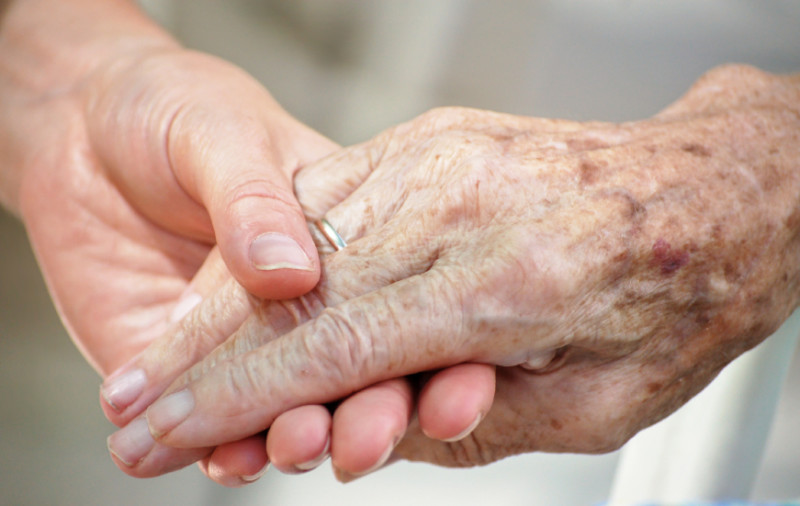February 7, 2015
Did you know that between the years of 1999 and 2001, nearly one-third of all nursing homes in the United States were cited for an abuse violation? Moreover, studies found that upwards of 10 percent of all nursing homes engaged in some type of abuse violation. This is extremely disheartening for both the elderly and their family members who are looking to get their loved ones the help they need. While nursing home abuse is a growing problem, you can help put an end to the abuse by knowing the warning signs.
Types of Elderly Abuse
Elderly abuse does not fit into one category or type. There are multiple types of elderly abuse that occurs in nursing homes including physical, sexual and emotional abuse. While physical abuse is more obvious, some forms of abuse such as sexual or financial are not, so it is important to understand the different types of abuse and what to look out for.
- Physical Abuse – Physical abuse is often the most obvious form of abuse, as the elderly individual will usually have a noticeable injury.
- Emotional Abuse – Emotional abuse is less noticeable and occurs when a caretaker causes any emotional distress to the elderly individual.
- Sexual Abuse – As horrific as it may seem, elderly individuals can be targets of sexual abuse since they are less able to defend themselves or may not have the ability to understand what is happening to them.
- Financial Abuse – Most people do not think to look out for financial abuse, but nursing home caregivers can target the elderly. If you notice any suspicious activity such as new loans or mortgages taken out, look into the matter.
Know the Signs
If your loved one resides in a nursing home, it is important to know the warning signs of abuse. While there are many warning signs of nursing home abuse, these are the most common:
- Weight loss
- Malnutrition or dehydration
- Bedsores or bruising
- Broken bones
- Injuries from falling
- Excessive fear or apprehension around certain caregivers
- Depression or anger
- “False dementia” which includes rocking, mumbling, or sucking
- Frequent withdrawals from bank accounts
- New loan or mortgage contracts
- Recent revisions to wills or trust funds
When to Call an Attorney
If your loved one has been a victim of nursing home abuse, verify their story and remove them from the nursing home immediately. Contact the authorities and make them aware of the abuse and then be sure to contact the attorneys at the Khonsari Law Group. The legal team at the Khonsari Law Group can guide you through this trying time and help garner the compensatory damages your loved one is entitled to. To learn more about how KLG can help you or your loved one, contact us today or click here to schedule a free consultation.


